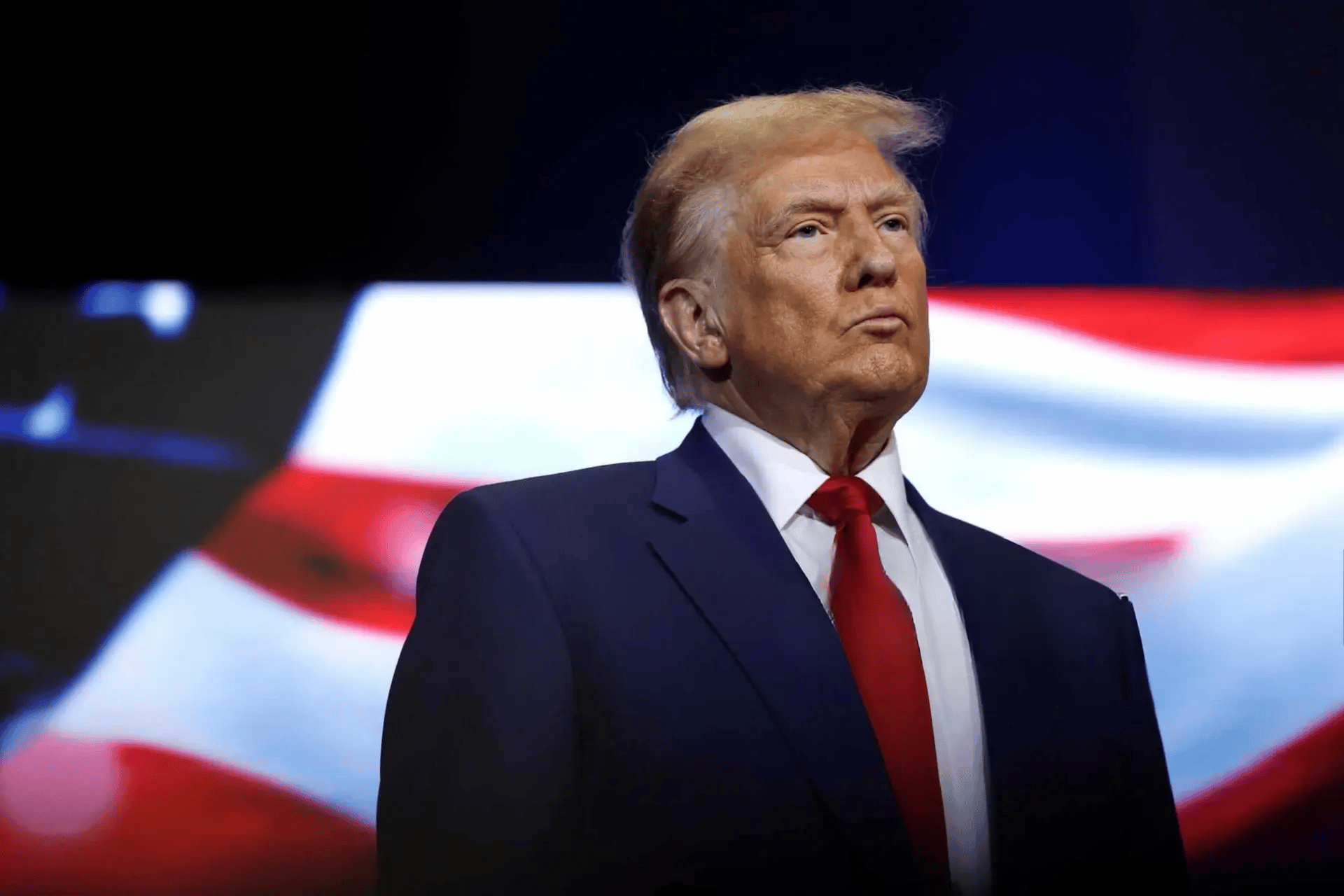"Just clean it out"
Does Donald Trump support transfer? Here's his surprising proposal
U.S. President frames the move as a "clean slate" solution, but critics warn of long-term instability.

President Donald Trump on Saturday suggested that Jordan, Egypt, and other Arab nations should accept more Palestinian refugees from Gaza, proposing a dramatic resettlement to “just clean out” the conflict-ridden area and create a “clean slate.”
Speaking to reporters aboard Air Force One, Trump shared his vision for Gaza, describing it as a region in need of a radical solution. "I’d like Egypt to take people," he said, referring to a potential relocation of up to 1.5 million Palestinians. "We just clean out that whole thing and say, ‘You know, it’s over.’” He noted ongoing discussions with Jordan's King Abdullah II and Egypt's President Abdel Fattah el-Sissi, emphasizing a cooperative regional approach to addressing the humanitarian and political crisis.
It turns out that there is already a small city in northern Sinai that is technically ready to absorb several thousand residents. In April 2024, NAN (North African News) reported under the headline "Egypt is ready to open the 'new city of Rafah' on the border with Gaza: The new Egyptian city of Rafah, on Egypt's eastern border with the Gaza Strip in northern Sinai, is preparing to receive thousands of residents in housing units equipped by the Egyptian state.
Maj. Gen. Dr. Mohammed Abd al-Fadil Shusha, governor of northern Sinai, announced earlier that the new city of Rafah would be offered to citizens during the celebration of the governorate's national day on April 25. Shusha stressed that the first priority in the request will be for the residents of Rafah, and the second priority will be for the people of the sheikhs.
The "New Rafah" city was established as an alternative to the Old City of Rafah, and its data show that it includes more than 10,000 housing units, in addition to 400 Bedouin homes, and all the services required in any modern city. The first phase includes 1,400 housing units that have been completed, out of a total of about 4,500 housing units in the first phase. It is worth noting that on March 1, 2018, President Abdel Fattah al-Sisi gave the signal to begin building the city.
Trump also announced he had lifted restrictions on the delivery of 2,000-pound bombs to Israel, restrictions previously imposed by President Joe Biden to mitigate civilian casualties during the Gaza conflict. "We released them today," Trump said, explaining that the delay had been lifted because Israel had purchased the weapons.
Trump’s stance reflects his staunchly pro-Israel policies, framing Gaza’s challenges as requiring resettlement solutions that he described as potentially temporary or permanent. He criticized the devastated state of Gaza, calling it a “demolition site” where rebuilding should be considered in new locations. "Maybe they can live in peace for a change," he added, suggesting a coordinated effort to build housing for displaced populations.
Despite the humanitarian implications, Trump’s remarks represent a controversial shift, potentially clashing with Palestinian identity and historical ties to Gaza. His comments about Gaza’s potential, including references to its favorable location and climate, echo his past unconventional takes on the region’s future.
Trump’s resumption of bomb deliveries also marks a departure from Biden’s earlier approach, which sought to prevent escalations during Israel’s military operations in Gaza. The delivery comes as Israel continues its security efforts in the region under a fragile ceasefire.
Israeli Prime Minister Benjamin Netanyahu’s office has not commented on Trump’s statements or policy changes.
ABC News contributed to this article.